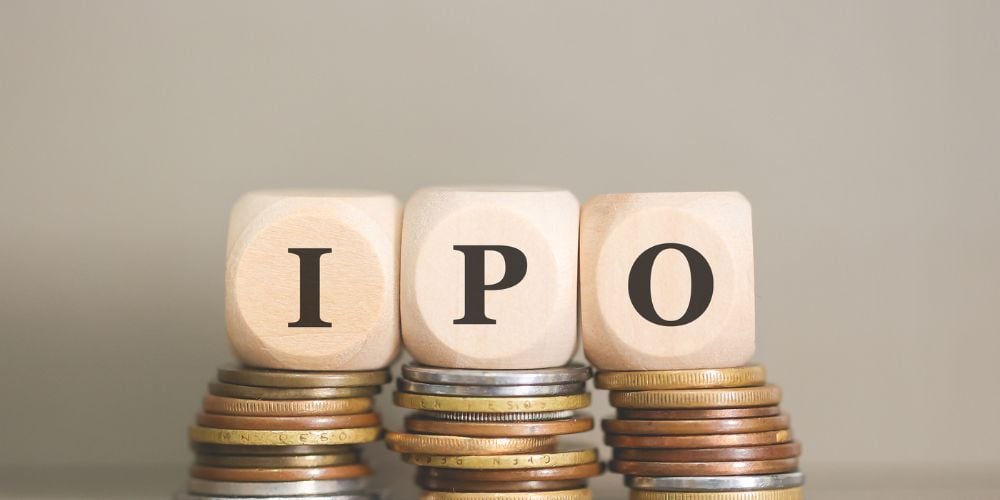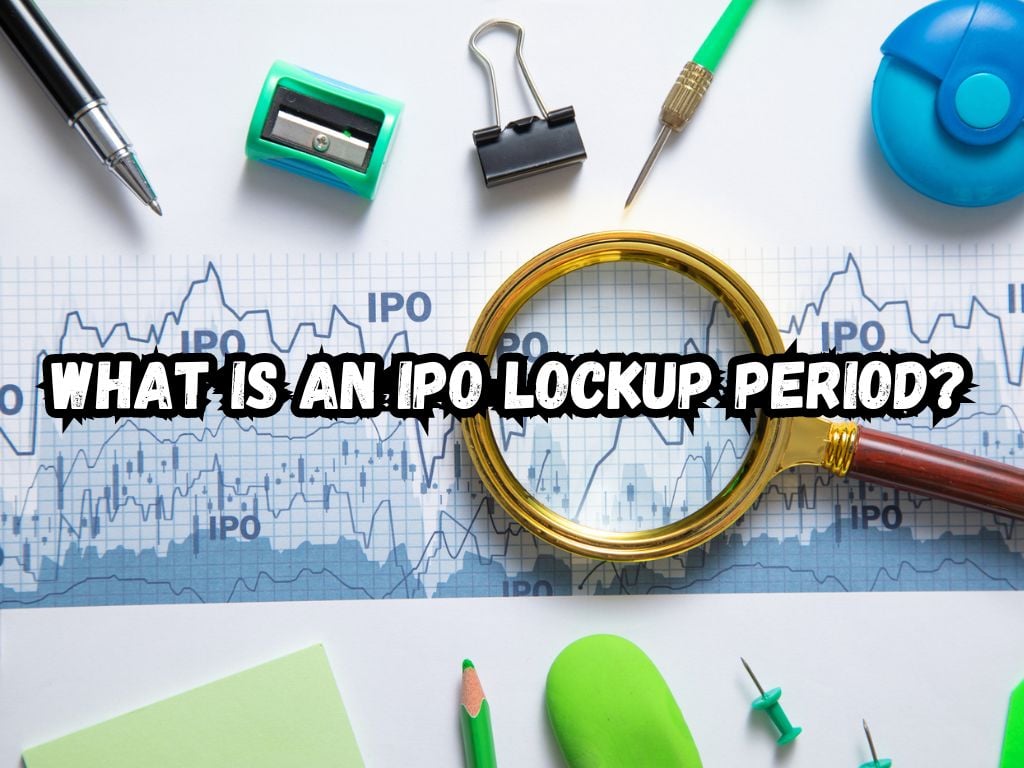Investing in the stock market offers a plethora of opportunities, with Initial Public Offerings (IPOs) standing out as especially intriguing moments.
The allure of being part of a company’s journey from private to public is undeniable. Yet, a lesser-known aspect, the IPO lockup period, plays a critical role in this transition.
This article aims to demystify what is an IPO lockup period, offering a thorough understanding for both newcomers and seasoned investors alike.
What Is an IPO Lockup Period?
An IPO lockup period is a contractual timeframe during which certain shareholders, such as company insiders, early investors, and employees, are restricted from selling their shares.
Typically stipulated by the underwriting firm, this period ranges from 90 to 180 days post-IPO. Its main purpose is to prevent the market from being flooded with a large number of shares, which could lead to a drastic drop in stock price.

Purpose of the IPO Lockup Period
The core rationale behind an IPO lockup period is to ensure market stability. By preventing key insiders from selling their shares immediately after the IPO, the company can avoid sudden stock price volatility.
This period also allows the market to evaluate the new stock based on performance data rather than speculative selling. For the company, it shows commitment to the long-term vision, reassuring new investors.
Duration and Timing
The duration of an IPO lockup period can significantly influence how company insiders and investors plan their strategies. While 90 to 180 days serves as a standard range, the specific length depends on the agreement between the company and its underwriters.
The negotiation can consider the company’s size, market conditions, and the anticipated investor interest. A longer lockup period might reflect greater confidence in the company’s prospects.
Impact on Stock Prices
The expiration of an IPO lockup period is a moment of truth for many stocks. As restrictions lift, a sudden increase in the available shares can lead to a drop in stock price, especially if a significant number of insiders decide to sell.
However, the impact varies. Some companies see minimal change, thanks to solid financial performance or continued investor confidence. Analyzing past examples, it’s clear that market reactions to the end of lockup periods are unpredictable but crucial to understand.
Who Is Affected?
Primarily, IPO lockup periods affect company insiders, including executives, employees, and early investors. These stakeholders often own substantial shares obtained at pre-IPO prices, representing a significant part of their wealth.
New investors should also heed lockup periods. The potential for increased volatility around these expiration dates can influence investment decisions and timing.
Exceptions to the Rule
In certain scenarios, shareholders might be allowed to sell their shares before the end of the lockup period. These exceptions usually require the underwriter’s approval and are based on specific circumstances.
For example, financial hardship or legal agreements entered before the IPO may warrant an exemption. However, these cases are rare and tightly controlled to maintain market integrity.
For early investors and company insiders, patience is often the strategy of choice. Waiting out the lockup period and beyond can align with long-term investment goals, especially if the company continues to grow.
New investors, on the other hand, might view the period leading up to the lockup expiration as a critical window. Conducting thorough research and perhaps waiting to see if the price stabilizes post-expiration can offer a safer entry point.

Frequently Asked Questions
What happens when an IPO lockup period ends?
When an IPO lockup period ends, company insiders and early investors are free to sell their shares. This can lead to increased stock volatility, depending on the actions they take.
Yes, but only in rare cases and with the underwriter’s approval. Exceptions might be made for financial hardship or pre-existing legal agreements.
How do IPO lockup periods affect individual investors?
Individual investors need to be aware of the potential for increased volatility around the end of an IPO lockup period. It can affect stock prices and influence the timing of investment decisions.
Are all companies required to have an IPO lockup period?
While not legally required, IPO lockup periods are a standard practice enforced through contractual agreements between the company and its underwriters.
How should investors prepare for the expiration of an IPO lockup period?
Investors should monitor the company’s performance and the broader market, staying informed about potential insider intentions. Understanding the likely impact can help in planning investment strategies around the expiration.
Conclusion
The IPO lockup period is a fundamental aspect of the transition from a private to a public company, designed to protect both the company’s stock price and its long-term prospects.
By understanding the nuances of lockup periods, investors and company insiders can make informed decisions, aligning their strategies with their financial goals.


 Tags:
Tags:










